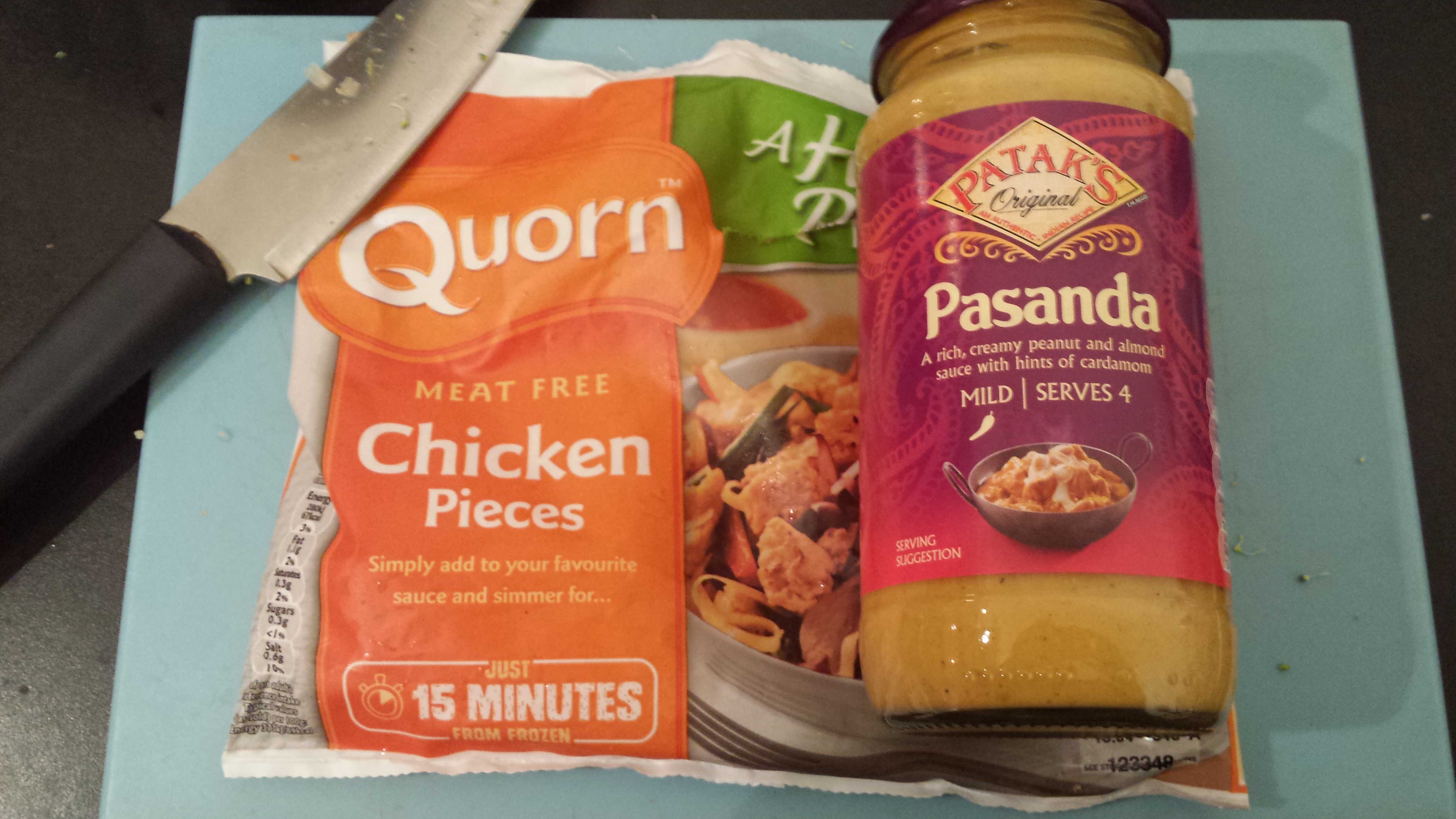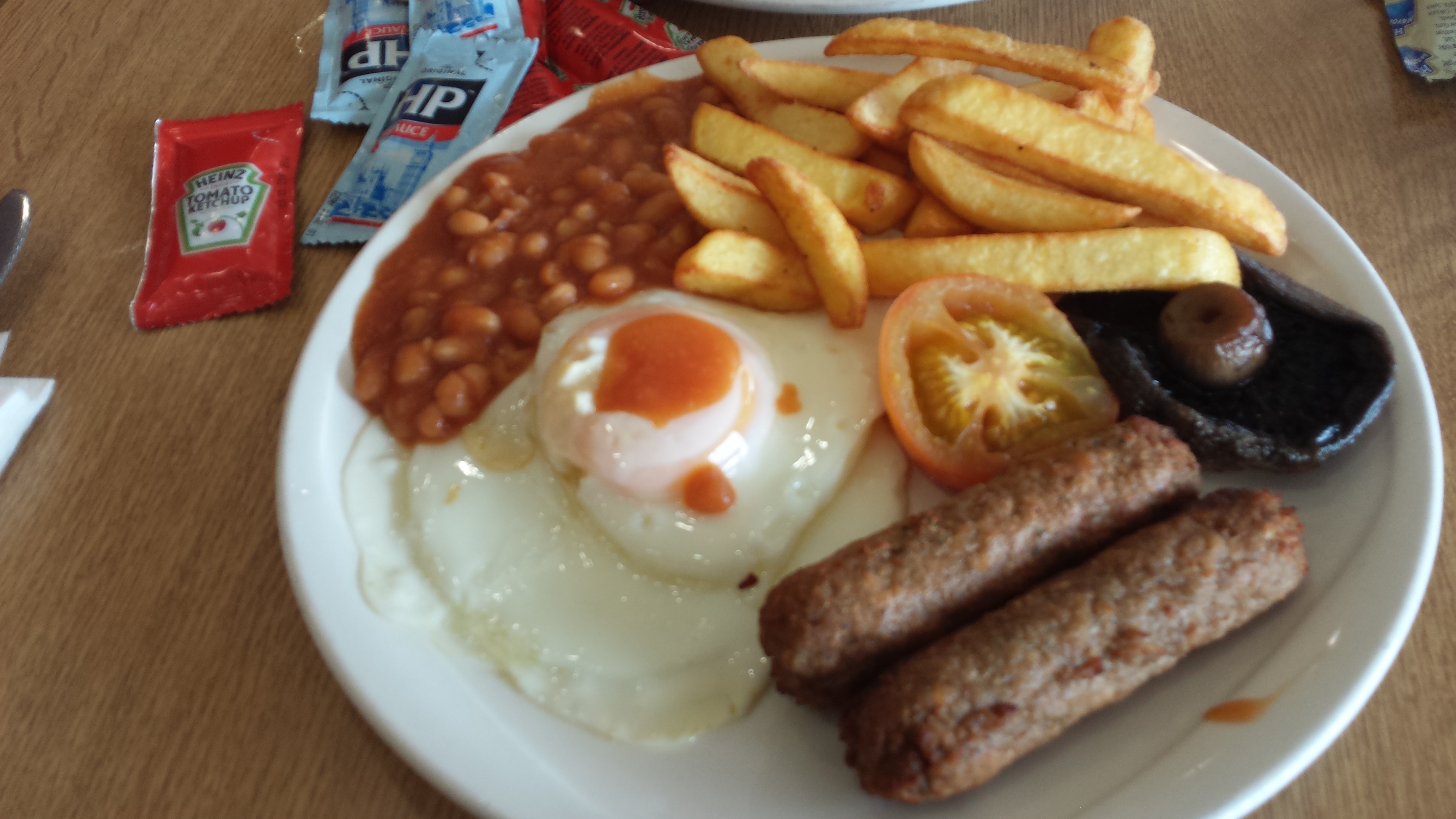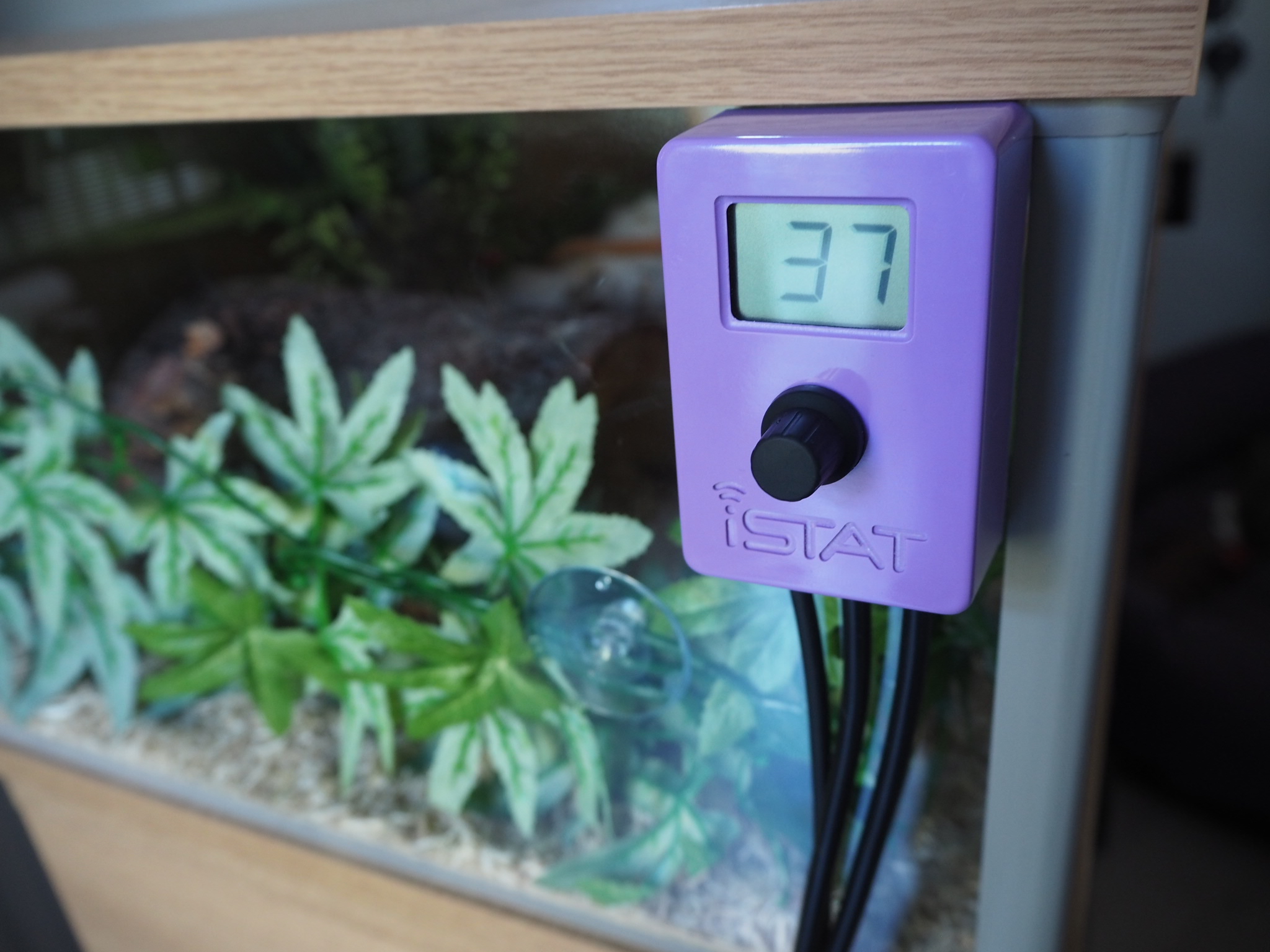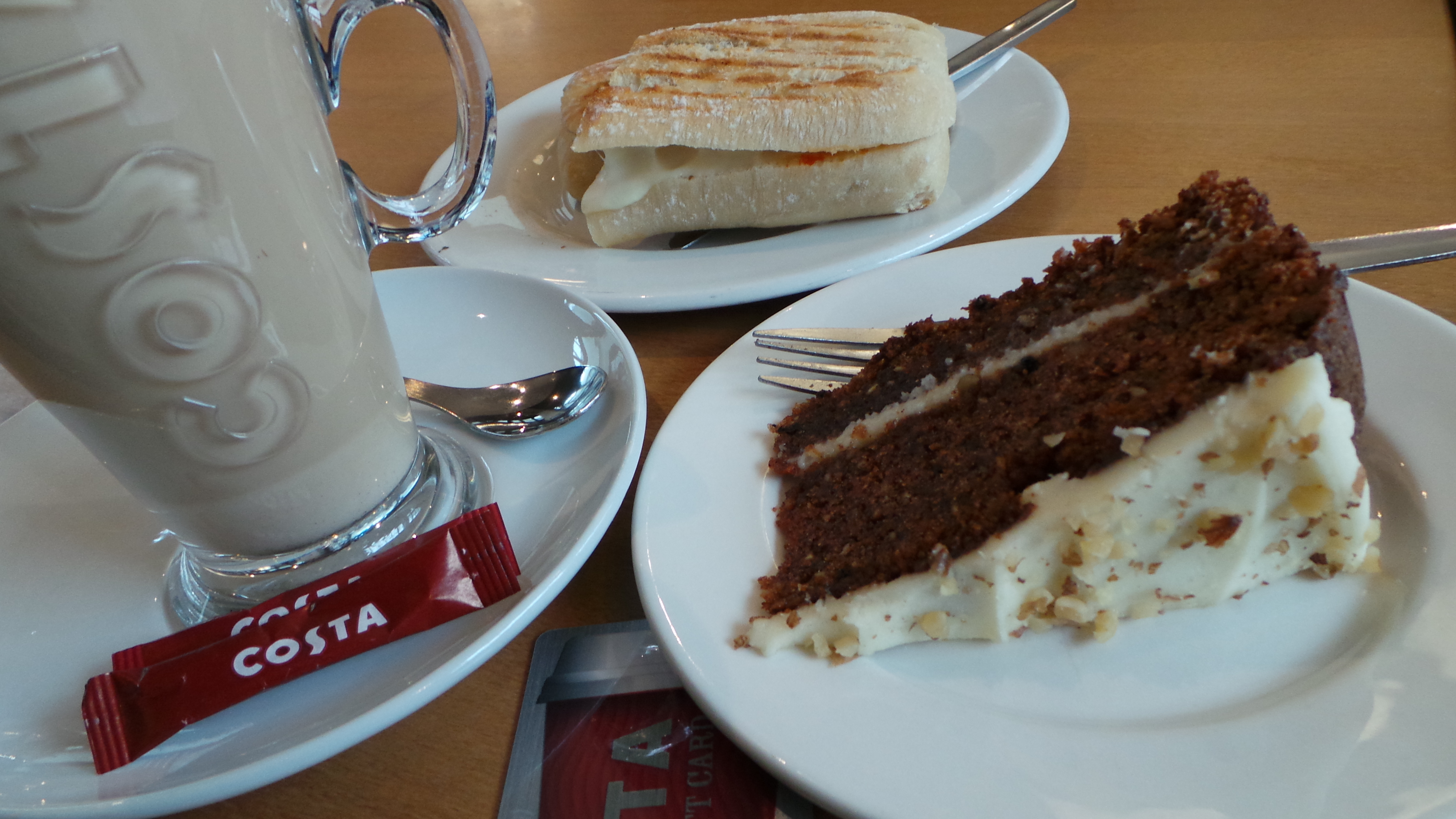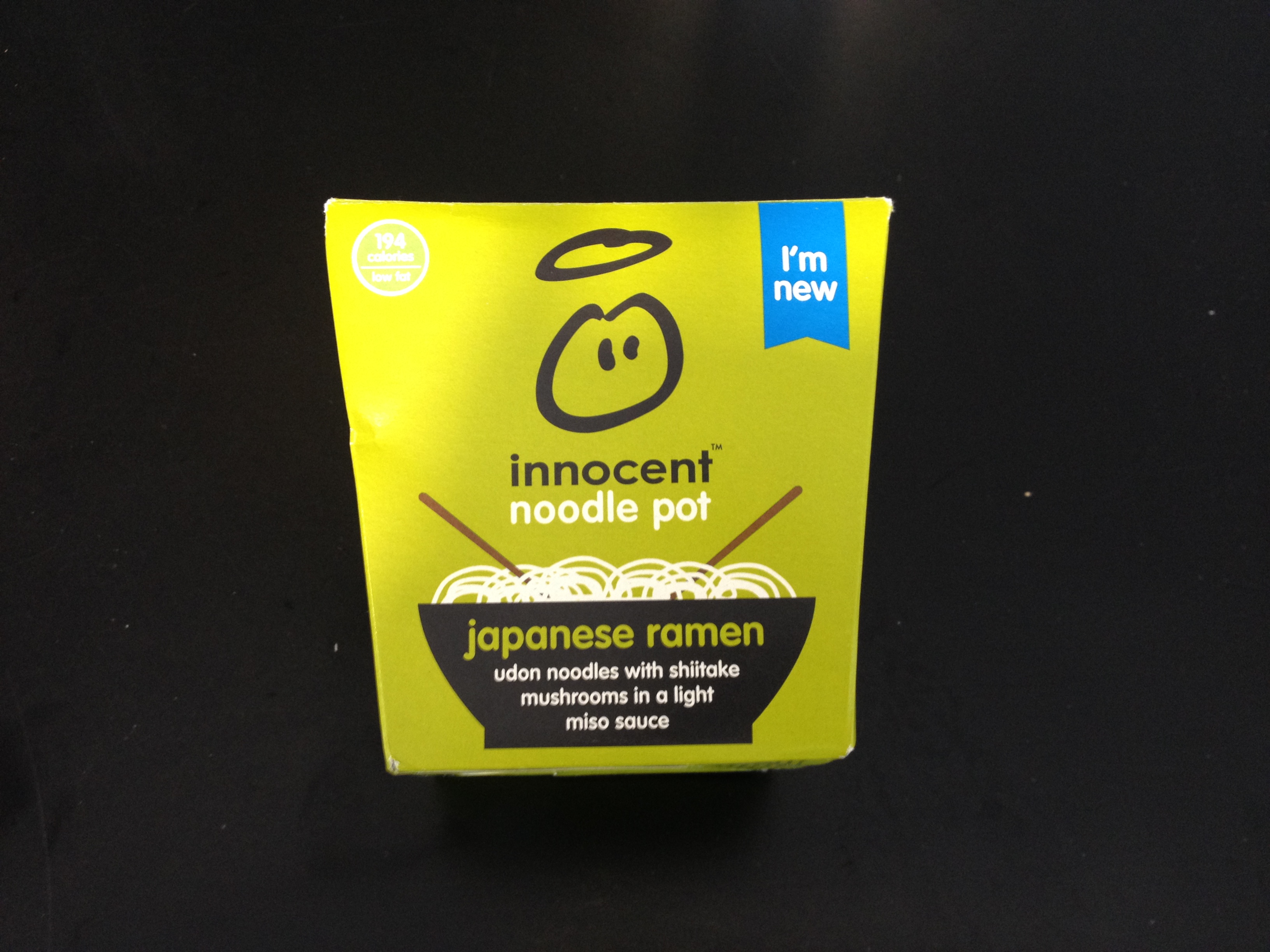Infographic: Don’t Turn a Blind Eye to Superfoods
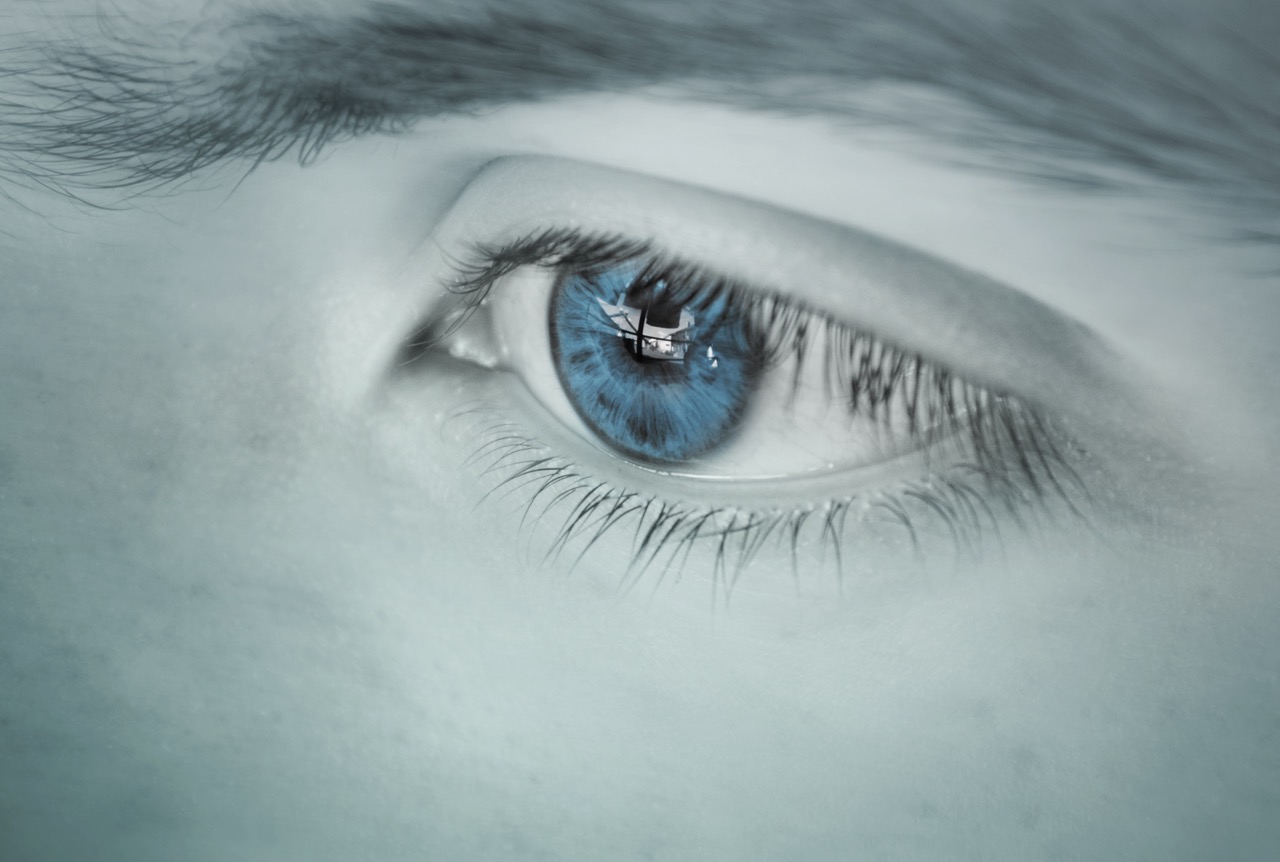
My husband will regularly come to bed and have a last minute check of his social media before going to sleep and I have often noticed that his mobile phone’s screen looks a bit funny in the evening.
When I asked him about it Vlad told me that his phone has a blue light filter which means it removes all blue light emitted by the screen after a certain time as blue light can be bad for sleep.
I love to read before bed and I have a serious dependency on my Kindle to supply me with e-books while I am tucked up in bed. I have never really been worried about blue light as I usually get a decent night’s sleep, but on those occasional nights where I can’t get to sleep could blue light be to blame?
Short-wavelength, high-energy blue light scatters more easily than other visible light so it is not as easily focused. When you’re looking at digital device screens this unfocused visual “noise” reduces contrast and can contribute to digital eye strain. Blue light sources are becoming increasingly common in today’s environment, including computers, smartphones, televisions and lights.
Studies suggest that, over time, exposure to the blue end of the light spectrum could cause serious long-term damage to your eyes such as macular (retinal) degeneration. Natural exposure to blue light during the daylight hours boosts people’s energy, alertness and mood.
Elongated exposure to the blue light given off by screens during the evening can disrupt circadian rhythm and cause various health effects including a disruption in normal sleep schedules, as we have evolved being exposed to these waves during the day, not at night!
A study undertaken by Thomas Jefferson University neuroscientist George Brainard compared participants who read on light-emitting devices before sleep to those who read a regular book. Those exposed to blue light took longer to fall asleep, had less REM sleep and had higher alertness before bedtime. Those who read on the light-emitting device were sleepier and took longer to wake up.
So, what can you do help protect your eyes from this sort of damage? I recently came across this infographic from Focus Clinics which suggests a healthy diet including lutein and zeaxanthin helps support the retina. Kale comes out on top when it comes to eye superfoods with cress and spinach close runners up.
Do you use your phone or ebook reader in bed? Maybe it’s time to rethink!

